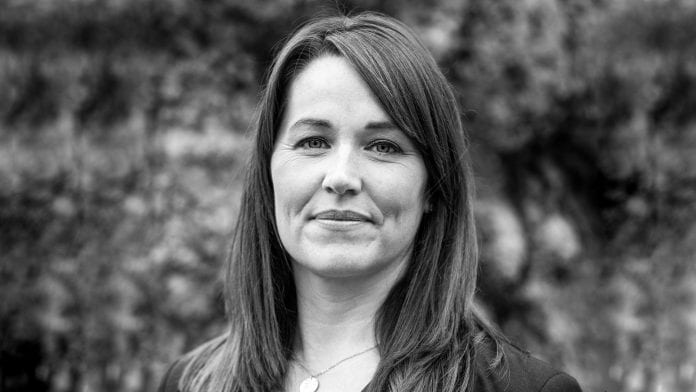
In this article, Hannah Deacon, medical cannabis campaigner and Executive Director of the UK Medical Cannabis Clinicians’ Society discusses how access to Bedrolite is vital for people living with chronic refractory epilepsy, and the need for wider discussion around the treatment of people with disabled children.
On 15 December 2020, two weeks before Brexit, the UK Department of Health sent a letter to all interested parties to say that because of Brexit, the Dutch would no longer recognise UK prescriptions from January 2021. This would mean that children like my son Alfie, who suffers from severe refractory epilepsy, would not be able to receive Bedrolite, a cannabis oil-based medicine made in Holland.
The letter went on to note that there were other products available which patients could swap to – but if your child has refractory epilepsy and you find a way for them to be seizure free or to reduce seizures, you do not change anything within the medical regime.
Access to Bedrolite
Children with this condition can have hundreds of seizures and risk death. My son’s medical team all agreed that Alfie must not be moved from Bedrolite to any other product: the chemical profile of Bedrolite is not the same as many other products available in this country; aside from the CBD and THC content, there are other minor cannabinoids within the product which are anti-seizure, as well as terpenes, which we know have a medicinal value. For the government to say that he can just swap to another product and hope for the best was clearly unacceptable to me and his doctors.
I was able to engage with the Department of Health, as well as with Minister for Public Health Jo Churchill. I wrote to the prime minister and received a reply saying that he was aware of the situation, that he and his government put children at the forefront of everything they do and that he would ensure that there was a solution. Fortunately, the Dutch authorities announced in mid-January that they had agreed to continue to accept UK prescriptions in Holland until July 2021.
More needs to be done
The issue is not solved, but we now have six months’ leeway to work out what is going to happen in the long term. I will continue to put pressure on the Minister for Public Health, the Prime Minister and the Department of Health to ensure that there is a long-term solution and that Alfie is not forced to move products, which could put his life at risk.
I think there is a wider discussion to be had around the treatment of people with disabled children. I have been very lucky with our clinical team – they put Alfie’s care at the centre of everything they do – however, I have felt completely let down the whole of my son’s life. Throughout 2016 I was in hospital with him 48 times out of 52 weeks: which caused severe anxiety and PTSD symptoms.
At no point was I ever offered any mental health support; we have never had a social worker; we have never had respite care. It was only because of my family that I survived those times.
I should not have to campaign for access to medicine that helps my son be well; medical cannabis was legalised in the UK two and a half years ago. These medicines work for chronic refractory epileptics and they should be available on the NHS. Many families are paying thousands of pounds every month for private prescriptions for a medicine which keeps their children safe and well and out of hospital, which is an absolute disgrace.
Hannah Deacon
Executive Director
UK Medical Cannabis Clinicians’ Society
This article is from issue 16 of Health Europa. Click here to get your free subscription today.


















